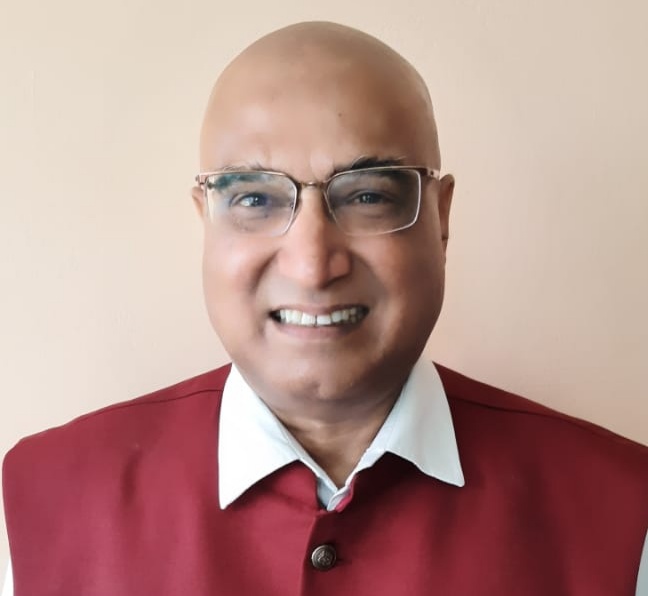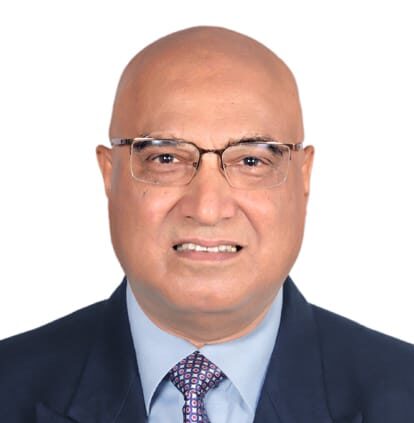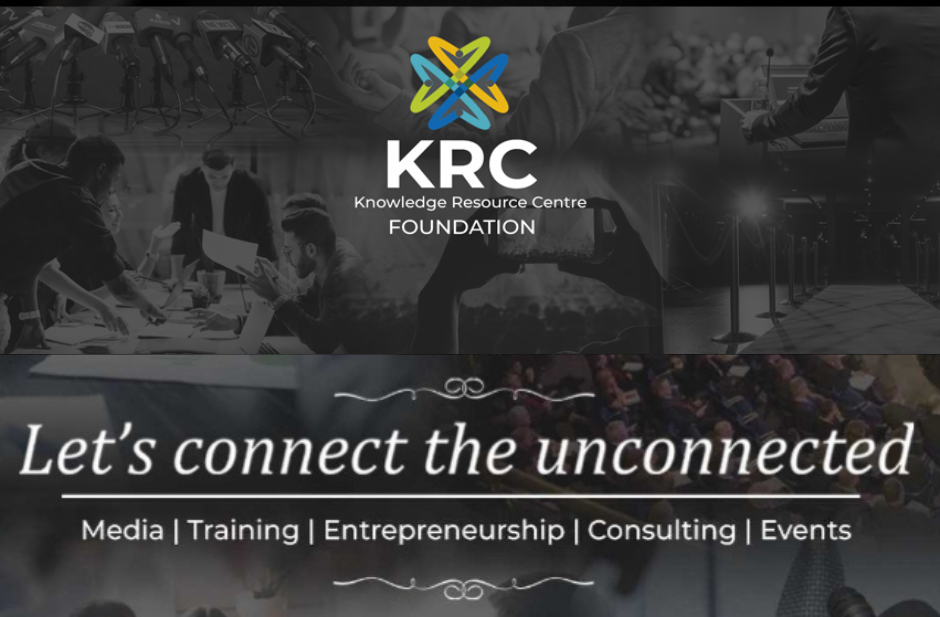Being a votary of needonomics, I wish to justify electoral reforms including the ‘Marriage Model’ of the commitment of a politician in a political party at least for five years to get a party ticket to contest the election replacing the ‘Stock Exchange Model’ of politics
 Dr. M. M. Goel
Dr. M. M. Goel

Being a votary of needonomics, I wish to justify electoral reforms including the ‘Marriage Model’ of the commitment of a politician in a political party at least for five years to get a party ticket to contest the election replacing the ‘Stock Exchange Model’ of politics.
In the tumultuous landscape of Indian politics, the notion of commitment often seems fleeting, overshadowed by the constant churn of defections, opportunism, and horse-trading. It is a narrative that has become all too familiar—a political culture resembling more of a stock exchange, where loyalty is traded like commodities, and the mantra of ‘aaya ram gaya ram’ echoes through the corridors of power. The time has come to challenge this paradigm and advocate for a new approach—the Marriage Model for Politicians as Election Reform in India.
The ‘Stock Exchange Model’ of politics, characterized by frequent defections, party hopping, and opportunistic alliances, has plagued the Indian political scene for too long. In this model, politicians are often driven by short-term gains, trading their loyalty to the highest bidder without regard for ideological alignment or the interests of the electorate. The result is a fractured political landscape, where stability and long-term planning take a backseat to individual ambitions and self-interest.
It is within this context that the Marriage Model emerges as a compelling alternative—a model rooted in commitment, loyalty, and long-term vision. In the Marriage Model, politicians pledge allegiance to a political party not as transient participants but as dedicated partners in a collective journey towards governance and nation-building. This commitment transcends individual aspirations and encompasses a shared vision for the future—a vision that is built on principles rather than personal gain.
One of the fundamental principles of the Marriage Model is the promotion of internal democracy within political parties. By fostering a culture of inclusivity, transparency, and accountability, parties can empower their members and foster a sense of ownership and belonging. This, in turn, reduces the likelihood of defections and promotes unity and coherence within the party ranks.
The Marriage Model advocates for a paradigm shift in the way political tickets are distributed. Instead of prioritizing newcomers or outsiders who may bring short-term advantages, parties should prioritize candidates who have demonstrated a longstanding commitment to the party and its ideals. This not only strengthens party cohesion but also instils confidence among party cadres, reducing the risk of internal dissent and factionalism.
The Marriage Model emphasizes the importance of ideological alignment and policy coherence. Parties must articulate a clear vision for governance and develop comprehensive policy platforms that resonate with the electorate. By prioritizing substance over symbolism, parties can build credibility and trust among voters, laying the groundwork for sustainable electoral success.
Implementing the Marriage Model requires a concerted effort from all stakeholders—political parties, electoral institutions, civil society, and the electorate. It requires a willingness to challenge entrenched norms and embrace a new way of thinking about politics—one that prioritizes integrity, accountability, and the common good above all else.
To strengthen democracy from the right perspective, we need to put a two-term limit for the Member Parliament, Member Legislative Assembly, Prime Minister, Chief Minister and Leader of the Opposition and also retirement age which will facilitate a wider range of political leaders to prove their potential faithfulness towards the voters. Implementing a two-term limit for the Prime Minister, Chief Minister, and Leader of the Opposition in Bharat could indeed strengthen democracy from multiple perspectives.
In brief, the Marriage Model offers a compelling vision for the future of Indian politics—a vision characterized by commitment, cohesion, and collective action. By embracing this model, politicians can transcend the narrow confines of opportunism and usher in a new era of governance that is truly by the people, for the people. It is the time to shun the stock exchange mentality and embrace the virtues of the Marriage Model—for the sake of our democracy and our future towards Viksit Bharat.



